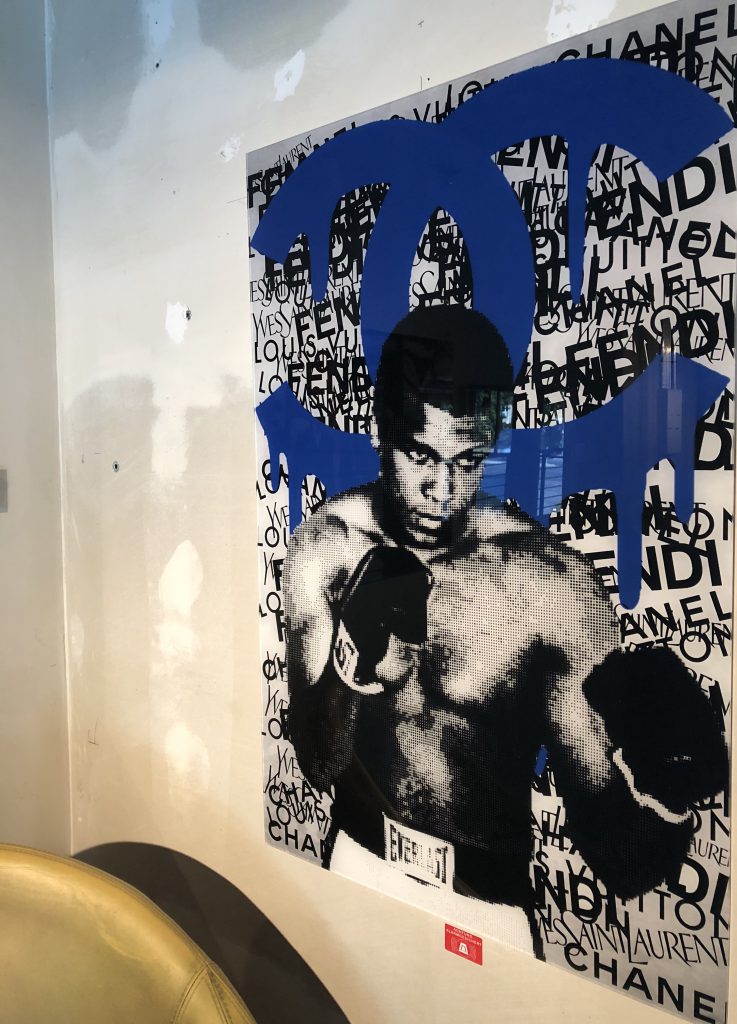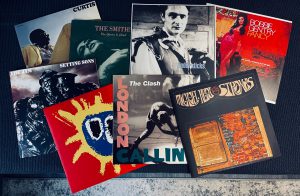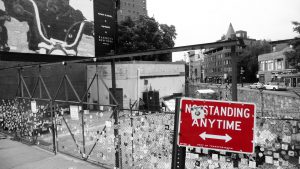Some thoughts about the passing of Muhammad Ali:
I have no right to grieve or be publicly sad for someone I had never met, and only knew through the filtered prism of his public persona. Nevertheless, it feels like a part of my own identity has died, and not for the first time this year. My perspective on the world that I’m part of has been – like many people, I suspect – shaped by those who inspired me. To become more creative, to become more educated and tolerant, or simply to believe in the power of human nature. Muhammad Ali was in that category of ‘personal hero’. I developed opinions about civil rights, social justice and human principles from those such as Ali whose flawed but magnetic personalities attracted me.
But my sense of loss at their passing … Ali, David Bowie, Prince, Barry Hines and any number of others already this year … is more to do with my increasing sense and fear that we are losing our idealism. There are idealistic people living right now who may well go on to be the heroes that inspire current and future generations, but I think their voices are generally harder to find as, paradoxically, the Information Age stifles many complex but creatively inclusive ideas before they have had the chance to develop.
As another generalisation (and I appreciate the dangers in that…) we extemporise everything yet seem to believe in very little. Apathy is the very prevalent mechanism that the unprincipled politics of the ‘self’ needs to prevail. I suffer from it myself. Where once I would have forcefully marched in all weathers for causes I cared about, I now satisfy my conscience by writing quickly forgotten observations on Twitter.
Muhammad Ali represents, to me at least, a time which, whilst being very far from perfect, allowed strong and principled voices time to be heard. If you think that’s too naive, consider the last time you heard a piece of music as culturally galvanising as The Specials ‘Ghost Town’ on any form of mainstream media … or television as vital as ‘Boys From The Blackstuff’ … or films as representative of the struggles and the hopes and dreams of ordinary people as those of Ken Loach?
These may be highly parochial, tangential notions to attach to the death of a worldwide icon like Muhammad Ali, but I hope you appreciate the sentiment. A similar cultural shift has happened over the last 30 years in his own country. His death is another sad reminder that to be principled, creative, people-focused, tolerant, empathetic, socially aware and to be prepared to make a stand for these things increasing feels like a relic from another age.
Maybe it’s time that we demanded that those who would purport to represent us demonstrate some of these characteristics and acknowledge that those things which unite us are ultimately far greater than that which divides us.
Maybe then the legacy of people like Muhammad Ali would have some lasting meaning for us, beyond simply a melancholic footnote on a Facebook page.



